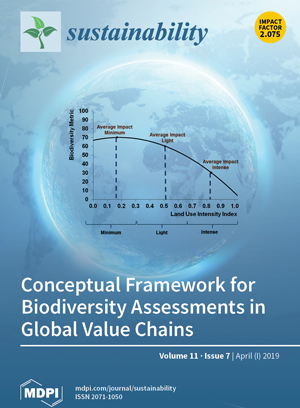By Mathis Wackernagel, Ph.D.
Humanity has achieved so much, including rising longevity around the world, hyper-connectivity, easy and cheap access to information, incredibly safe mobility. Yet there are critical arenas in which progress is so slow that it is starting to put at risk many, if not all, the amazing human achievements.
The just released IPBES report on the state of biodiversity, complementing the 1.5°C IPCC report on climate, or the ever earlier Earth Overshoot Day, make obvious that the material conditions for a thriving humanity are eroding.
Paradoxically though, as explained in our new paper, this systemic depletion of the biosphere is economically barely showing up for the high-income urbanites of the world. This means humanity lacks meaningful feedback loops that could correct the situation.
 This we examined in our data-rich paper “Defying the Footprint Oracle: Implications of Country Resource Trends” published in the journal Sustainability, and written by Global Footprint Network staff and Dr. Peter Raven, former president of AAAS and member of the Pontifical Academy of Sciences.
This we examined in our data-rich paper “Defying the Footprint Oracle: Implications of Country Resource Trends” published in the journal Sustainability, and written by Global Footprint Network staff and Dr. Peter Raven, former president of AAAS and member of the Pontifical Academy of Sciences.
The missing financial feedbacks are exacerbated by a misguided narrative propagating such false beliefs as:
- there is a trade-off between development and environment;
- technological progress is making natural capital irrelevant;
- abundant resources are a “curse” for economic development;
- environment is too slow and distant.
In reality, humanity has never been more dependent on natural capital and never have more people been exposed to resource scarcity, with 6.5 billion people living in countries with a biocapacity deficit. Also, the environment is not a conditionality nor an additional burden, and there is no trade-off.
In fact, it is the other way around. Resource security is the core enabler of human development – together with its non-material twin: human trust. Eroding our home also erodes human trust. Conversely, if we put resource security at the center of our development efforts, then lasting development success becomes possible.
Our paper identifies eight countries already facing what we call “ecological poverty trap” with very low, and yet declining, per person Footprints. It points out 23 further countries approaching this condition.
The paper also outlines that these trends can be reversed. The environmental situation is not just biologically predetermined, nor are we stuck in inevitable Malthusian downward spirals. We are limited by our own misguided beliefs including those guiding our current climate policies and narratives. There, to use an allegory, “we recognize the coming storm, but we choose not fix our own boat as long others do not fix their boats.”
We will not reverse the current trends if we keep ignoring them. But if we put resource security at the center of policy and development efforts, then we begin to have a chance to build a future where all can thrive.



